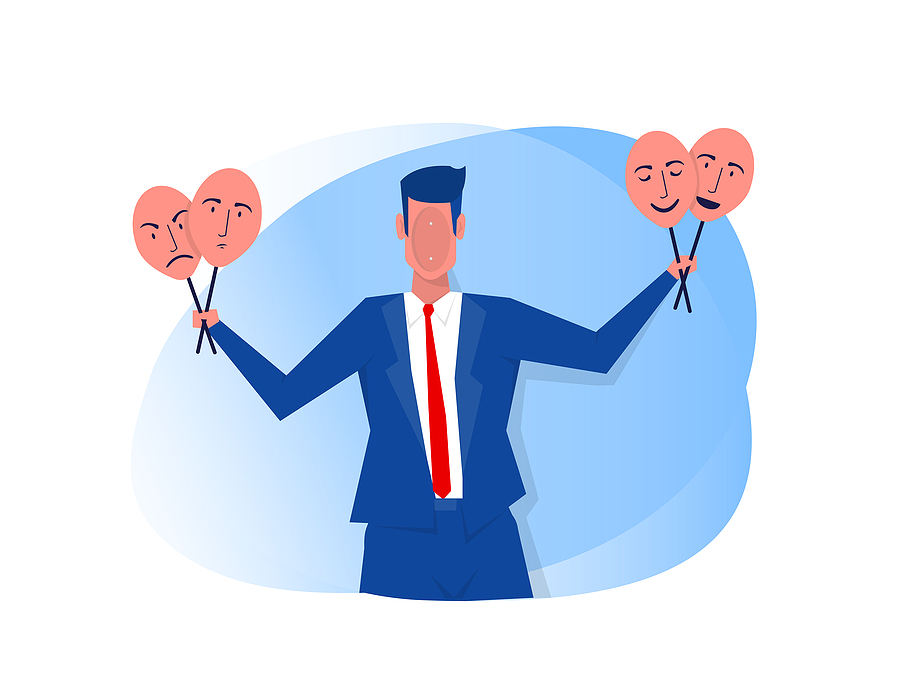By Rachael Dekoning LCMFT, LAC
As a therapist, I am always looking for new ways to help my clients. One pitfall I believe that most of our society falls into is the way we conceptualize problems in our life. People tend to own them, wear them, hold onto their problems tight as if it were a part of their identity. It’s why a lot of people, when getting a diagnosis of say anxiety, wonder will I always be anxious? Client will also almost always say, “my depression” or “I’m depressed”. The problem with this language is that it tricks us into believing that we are our problem which leads us only feeling defeated and hopeless. I am going to use this article to explain the idea of externalizing (created by Michael White) which will help you begin thinking about the problems in your life as outside of yourself so that you may begin to fight against them and gain a sense of hope.
One of the most simple first steps to externalizing a problem is to change your language. In our society, language is directly connected to meaning and meaning creates our reality, so if you say it is “your depression” than it certainly will be. Try to substitute a “the” instead of “my”. Go ahead and try a couple statements each way and see which one feels more hopeful and empowering (i.e. “my depression is weighing me down” vs. “the depression is weighing me down”).
It may also be helpful to think of a name and image for the problem- and do not be afraid to get creative. Maybe the problem is a monster, devil, or fog. I recently saw a teenage client with obsessive compulsive disorder and she came up with a name for the obsessive thoughts. She called them Ozwald. She imagined Ozwald as a business man when he was at bay, but whenever germs were around, he turned into a devil and tried to convince her of irrational things. When she gave in to his irrational demands, it reinforced his power and manipulation over her.
It may be beneficial for you to also try and better understand the problems influence over you and your influence over the problem. For example, how does the problem get its power? When are you most vulnerable to the problem? What are your tools to fight against it? Who/what does the problem team up with? Who is on your side? What drains the problem of its power? What role does family, work, and society play in keeping the problem around? Will I always be anxious will no longer be an important question to ask.
Finally, try and put the problem into context. Think about all of the other aspects of your identity and life that make you who you are. Remember that we cannot get a full picture of ourselves and our lives until we consider all parts of self and how they came to be. Consider this metaphor: If someone sits in a chair and a leg falls off, you would likely consider the chair “broken” or “dysfunctional”, but would it still be considered “broken” if we broaden our understanding to find that its purpose was to play a practical joke?
in conclusion, will I always have anxiety is not important, what’s more important is how we think of the anxiety or diagnosis within the entire context of our life along with practicing acceptance and the tools you’re learning in therapy.

